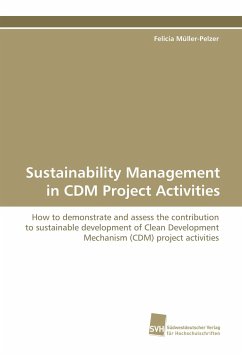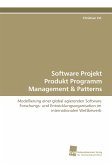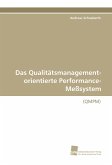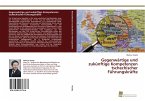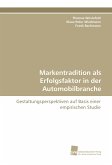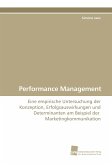The Clean Development Mechanism (CDM) is one of the flexibility mechanisms of the Kyoto Protocol. Among other goals, it pursues to assist non-Annex I Parties in achieving sustainable development, which is due to its context-specificity an opaque topic. As this criterion is a means for project approval in the host country, its definition is closely related to the discussion about the developing countries' self-determination. In the absence of an agreed way how to identify such a contribution to sustainable development, this goal of the CDM risks being underachieved. The study analyzes which approach would be suitable to demonstrate the contribution to sustainable development of a CDM project activity. This question is examined from the perspective of both the project developers and the Designated National Authorities (DNAs).

